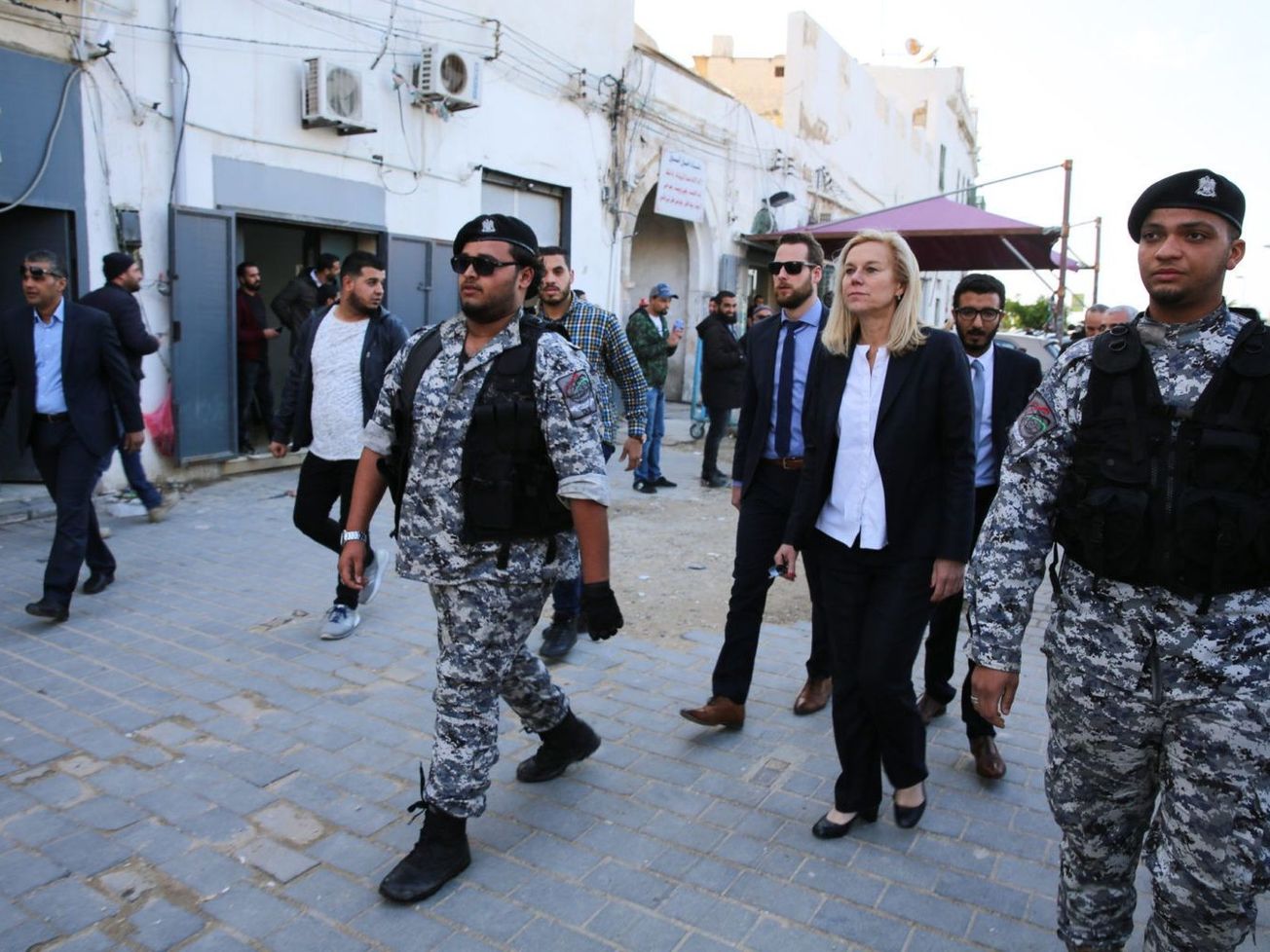Renewed fighting ended a fragile cease-fire in Libya as U.N. officials cited arms embargo violations and urged warring parties on Monday to investigate the deadly airstrikes that killed at least 53 people last July.
Over the weekend at least three people were killed and two dozen others wounded in skirmishes between Libya's civil war factions as renegade general Khalifa Haftar advanced on areas under the control of Libya's prime minister, Fayez al-Sarraj, and his U.N.-backed Government of National Accord, or GNA.









